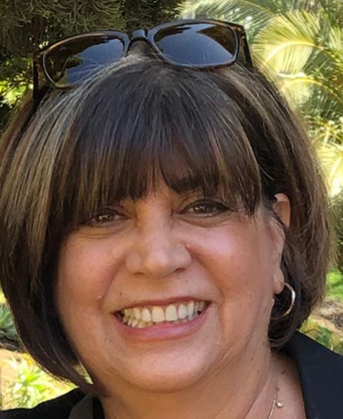Keep it Confidential and Nonjudgmental
As you build this relationship with the folks that you’re coaching, it is critical to maintain confidentiality and not be judgmental about wherever they are in their process.
There’s a continuum to growth and learning. Teachers often begin using a new curriculum or method in parts and pieces before moving to deep understanding and implementation. Meeting them where they are without judgment builds a positive coaching relationship foundation.
Additionally, one of the most important characteristics of a leader is trustworthiness. Earning trust starts with a confidential relationship. Each building and department are its own small community. Be aware of that and keep yourself in check. Reassure the people you are coaching that each conversation is between you and your coachee only, and they can be sure what is said will not be repeated down the hall.
The Coaching Journey
The stronger your partnership with your coachee, the more effective your coaching is going to be. You can do four things on this coaching journey that help build the relationship and establish that trust and rapport that is so important.
When you’re in conversation with your coachee, focus on listening. Be mindful and intentional when they are talking with you. Ask for details with questions like, “Could you tell me more…” and “Tell me what you mean by…” Asking for details and encouraging them to tell you their stories is a terrific way to establish trust and gain respect.
The second thing you can do to be more effective as a coach is to ask questions. This is the heart of the coaching conversation. The process of inquiry that you take your coachee on helps them begin to imagine what is possible. Ask questions that lead your coachee down that path of exploring and uncovering their potential such as, “What might happen if…” or “Would you like more information on…” Help them reflect and get to that place where they have those ‘aha’ moments, just like we want for our students. Asking the right questions can also help you get to their core need, understand their barriers to meeting that need, and discover the best way to support them.
Third, express empathy! Recognizing and validating teacher experiences (again, without judgment) is critical to a healthy coaching relationship. You can communicate the desire to understand by restating for clarification, saying things such as “Let me make sure I understand…” and “It sounds like…” It’s also important at that moment where they are sharing something difficult to be comfortable with silence. Empathy will help to make sure your coachee feels heard and respected.
The last step on the coaching journey is to take action. Help teachers to identify, design, and activate the changes they want to make. This can happen by brainstorming ideas in a co-creative process. Then, select an idea or two to move forward with. Develop a goal and create a plan. Instead of handing them a to-do list, though, be sure to make it a collaborative process. You can make suggestions such as, “Others have tried…” or “Tell me your next steps…” or even “What new ways of being are you willing to try?”
The four processes of listening, asking questions, providing empathy, and taking action do not happen in isolation. They are all happening at the same time as you have coaching conversations. Remember, at the end of the day, you can have all the knowledge and pedagogy as a coach, but if you don’t have the relationship, you cannot reach the teacher you are trying to influence.

